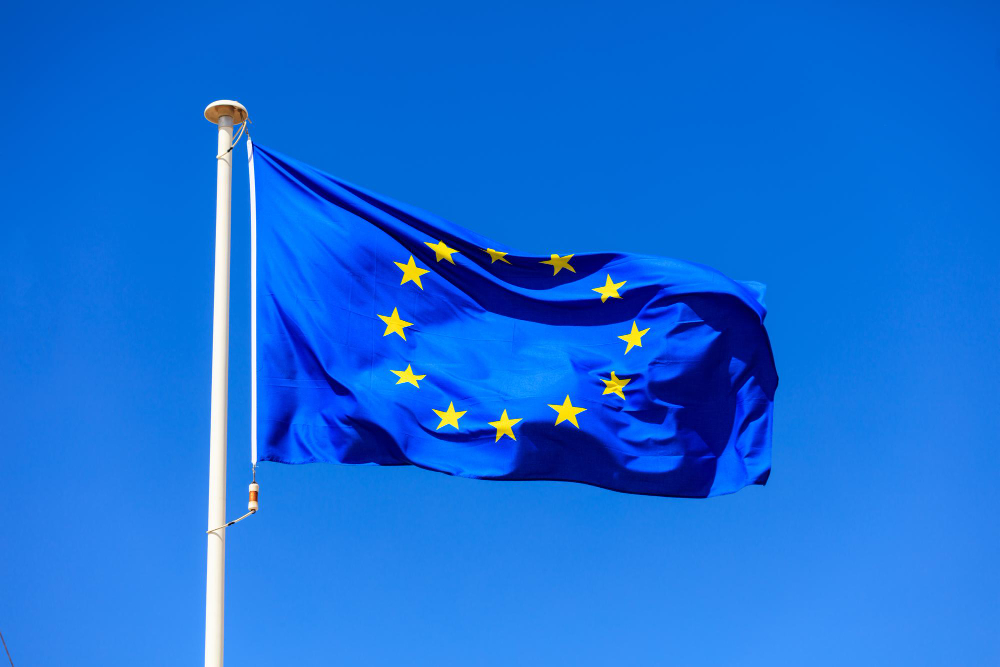Enhancing border security, increasing safety measures, and streamlining travel processes are the primary objectives for the European Union.
Here are the main points:
- The EU Commission emphasized that its key priorities include enhancing border security, increasing security measures, and simplifying travel processes.
- Schengen member states granted over ten million Schengen visas in 2023.
- Various proposals have been presented to fortify the Schengen Area.
The European Union Commission has published its annual report on the State of Schengen, detailing the progress and challenges encountered by the Schengen Area in 2023 and outlining priorities for the current year. Throughout the past year, the Schengen Area experienced continual growth and stability, maintaining its position as the world's most visited destination. In 2023, Schengen member states issued over ten million Schengen visas, and the area welcomed over half a billion passengers, significantly contributing to the EU's economic prosperity. The report highlights various achievements and advancements within the Schengen Area, including the implementation of new rules aimed at strengthening border controls and enhancing cooperation among member states. Additionally, it notes the establishment of a more robust role for the Schengen Council and the utilization of tools like the Eva and Monitoring Mechanism for improved Schengen Area management. The report also acknowledges the partial accession of Bulgaria and Romania to the Schengen Area as a significant development. Furthermore, it underscores efforts to explore alternative measures to replace internal border controls, enhance cooperation on border protection among member states, and maintain security while facilitating the free movement of people. The Commission urges member states to increase the use of reinforced cooperation frameworks, such as cross-border police cooperation in border regions, as alternatives to internal border controls, building upon the initiatives of the Schengen Coordinator.
The European Union has updated its practices to better support member states in implementing Schengen rules. Alongside highlighting achievements, the Commission emphasized the need for tools, strategies, and measures to aid member state authorities. It identified areas requiring improvement, particularly stressing the need to enhance the quality of border control measures. Additionally, efforts are needed to facilitate the return of individuals without proper documentation to their home countries and to improve information exchange among member states. The Commission also emphasized maximizing the use of the Schengen Information System for heightened security and border management. For the first time this year, the Commission proposed a Council Recommendation for the next Schengen cycle, focusing on areas such as border security, governance, digitalization, and enhanced cooperation for returns.

